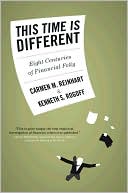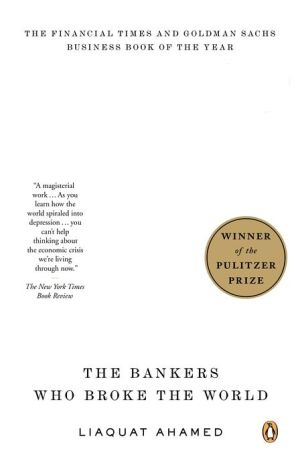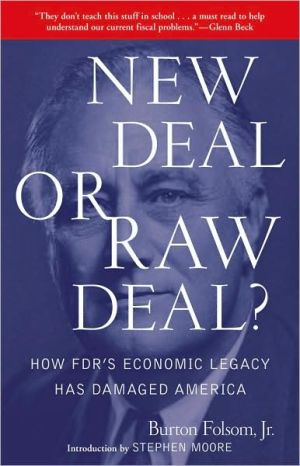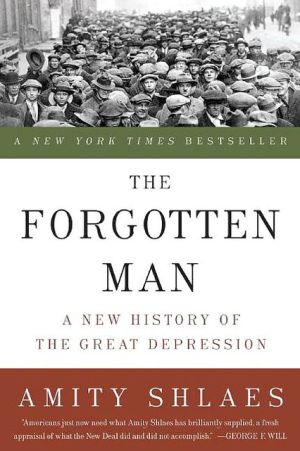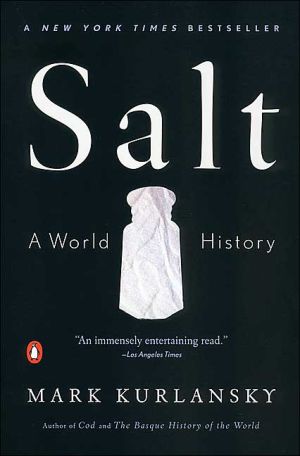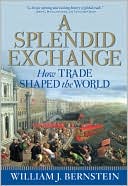Global Capitalism: Its Fall and Rise in the Twentieth Century
"Magisterial history...one of the most comprehensive histories of modern capitalism yet written." —New York Times Book Review\ In 1900 international trade reached unprecedented levels and the world's economies were more open to one another than ever before. Then as now, many people considered globalization to be inevitable and irreversible. Yet the entire edifice collapsed in a few months in 1914.\ Globalization is a choice, not a fact. It is a result of policy decisions and the politics that...
Search in google:
"Magisterial history...one of the most comprehensive histories of modern capitalism yet written."—New York Times Book Review The New York Times - Michael Hirsh Frieden's 500-plus-page book can be ponderous to read, but it is one of the most comprehensive histories of modern capitalism yet written. He provides a clear, detailed account of the rise and fall of the gold-standard era, especially its peak years from 1896 to 1914, and of the post-World War II Bretton Woods agreements, which gave national economies some control over short-term capital flows…Frieden also argues that for all the strains created by today's global capitalism, it is still the least worst system out there.
\ Washington PostFrieden has a wonderful way of weaving together politics and economics, past and present in an accessible narrative that is...even-handed and objective.\ \ \ \ \ Michael HirshFrieden's 500-plus-page book can be ponderous to read, but it is one of the most comprehensive histories of modern capitalism yet written. He provides a clear, detailed account of the rise and fall of the gold-standard era, especially its peak years from 1896 to 1914, and of the post-World War II Bretton Woods agreements, which gave national economies some control over short-term capital flows…Frieden also argues that for all the strains created by today's global capitalism, it is still the least worst system out there.\ —The New York Times\ \ \ Library JournalIn this economic history of the 20th century, Frieden (government, Harvard Univ.) concentrates on the role played by international trade in economic development. He describes the pre-1914 period as one in which free trade reigned supreme, without regard for social disruption, under the umbrella of the gold standard. He shows that various 20th-century attempts at sealing off national economies, from Nazi Germany to Communist China, generally ended disastrously. While Frieden concedes that problems exist with the current trend toward globalization, he argues that it is the best hope for worldwide economic improvement. Considering the century's various experiments with capitalism, socialism, fascism, and their variants, Frieden concludes persuasively that national economies work best when they are open to the world and that open economies work best when national governments address social and other sources of dissatisfaction with globalization. This historical work on international trade is most welcome in the debate over globalization. The length and depth of this book recommends it to academic and larger public libraries.-Lawrence R. Maxted, Gannon Univ., Erie, PA Copyright 2005 Reed Business Information.\ \

